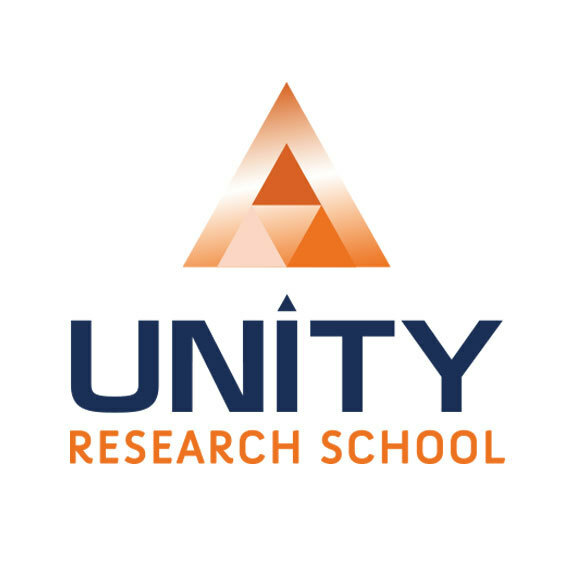

Research School Network: Distance learning through the lens of disadvantaged pupils Marc Rowland reviews distance learning and the impact on disadvantaged pupils and offers some strategies to consider
—
Blog
Distance learning through the lens of disadvantaged pupils
Marc Rowland reviews distance learning and the impact on disadvantaged pupils and offers some strategies to consider
Share on:

by Unity Research School
on the
Disadvantaged pupils may be disproportionately impacted by school closures. We may see the attainment gap widen in the short term. Whilst it is important to remember much is subject, age and context specific, here are 15 things that may be useful to consider when planning distance learning, through the lens of your disadvantaged pupils.
Strategy
- Developing routines and securing wellbeing and pastoral care may be the greatest priorities initially. One of the great strengths of teachers, their commitment to pupils, may be their Achilles heel in the difficult circumstances we currently face. It is important not to rush to try to do too much.
- In line with the EEF’s implementation guidance, the most sustainable, effective approaches will be developed over time.
- Encourage self-regulated learning, build and sustain motivation, don’t overload with tasks from multiple online platforms.
An obvious, but important point: So many families may not have gardens / quiet spaces / desks / good wi-fi. How does distance learning work for these pupils? - Use evidence about parental involvement. More than ever, we need to work together and maintain strong relationships, especially with those families that have found engagement with school life more difficult.
- Many parents may find it more difficult to support learning because of financial or health anxieties. Short term problems supersede long term ambitions. Keep distance learning achievable and ‘low-stress’.
- Regular, frequent check-ins with disadvantaged pupils will be more important than ever. Our disadvantaged pupils need to feel they belong, and that school is theirs. Belonging is vital; maintaining a strong connection with school.
Learning - Use rigorous assessment to ensure that any distance learning addresses historical gaps. When schools reopen, high quality diagnostic assessment will become more important than ever. It is reasonable to expect that some pupils will have learnt more than others during school closures, for lots of complex reasons. Communication and record-keeping are even more important with pupils out of school.
- Consolidation of knowledge should be prioritised over learning new content. It’s not possible to work independently on things you don’t know about. Because of external pressures, families may not be able to support the learning of new content.
- Scaffolding, modelling and worked examples become more important than ever.
- It is important that pupils focus on achieving their personal best in work, rather than comparing themselves to others, especially if communicating online. Strategies such as cumulative quizzing can be really effective.
- Encourage pupils (of all ages) to read aloud regularly and frequently. Provide access to reading material and free audio books where possible. Reading is an opportunity for broadening horizons and cheating confinement. But provide structure and guidance, themes and sequencing where possible.
- Conversations and discussions are more important than word exposure for language development. Interactions with words are critical: https://www.beib.org.uk/2018/03/conversation-important-word-exposure-literacy-language-development/
Families - Light touch communication approaches with families, e.g. text messaging, may be a helpful way of keeping in touch. Encouraging daily routines, with dedicated time without distraction to converse with an adult and regulated screen time may be helpful.
- Use evidence about parental involvement. More than ever, we need to work together and maintain strong relationships, especially with those families that have found engagement with school life more difficult.
https://www.gov.uk/government/publications/review-of-best-practice-in-parental-engagement
https://educationendowmentfoundation.org.uk/tools/guidance-reports/working-with-parents-to-support-childrens-learning/
Evaluation - Monitoring and evaluating the effectiveness of distance learning from the perspective of disadvantaged pupils. The best measure of success will be the sense of belonging, the sense of connection with school that our disadvantaged pupils and families feel when we return… When we return to the privileged days of lessons, of singing, of packed classroom chatter, of assemblies, of sports teams, of mischief, of ‘fish and chip Friday’ and all those magical interactions that take place day in, day out, but are rarely seen.
Further reading and resources about home / distance learning can be found via the links below, courtesy of the Charter College of Teachers:
https://my.chartered.college/2020/03/online-distance-and-home-learning-selected-reading/
Marc Rowland,
Pupil Premium Adviser
Unity Research School
More from the Unity Research School
Show all news

Pupil Premium and SEND: learning without labels
Learning without labels
